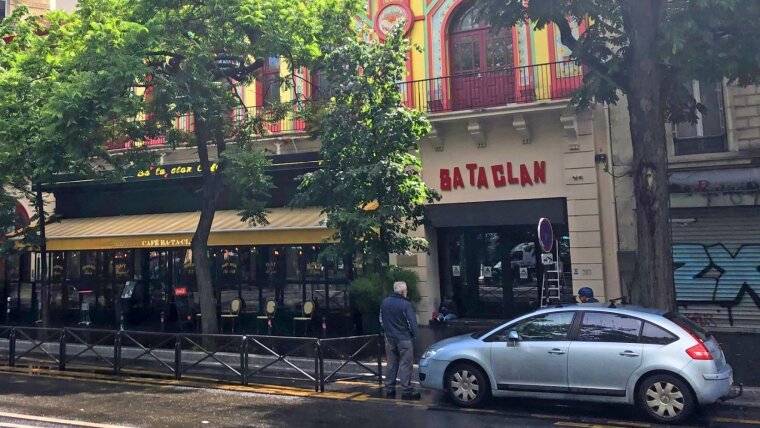
Our research on Geographical Security and Peaces Studies focuses on ‚security' as an anthropological-existential need (ontological security, human security) and sociospatial productions of security like security in public spaces based on a socio-theoretical foundation, i.e. a spatio-temporal social analysis. With such a broad concept of security, the spatial productions of the security are taken into consideration at various scales. This includes the (atmo-technological) productions of security in public spaces, geographies of (institutional) violence (e.g. geographical research on ageing) as well as liberty as an effect of security in times of war and peace (‚Tranquility Studies') and under conditions of authoritarianism. In particular, the actual geopolitical turning point highlights the relevance to persue a social geography of peace and set peace as a normative goal. Methodologically, we work on the one hand with the instruments of qualitative-ethnographic field research and on the other hand use discourse-analytical and genealogical methodologies.
Contributors:
Current projects
-
Political Urban Geography: Atmospheres of (Counter)Terrorism in European Cities
Learn moreDuration: 2021-2024
How do counter-terrorism strategies change urban atmospheres and everyday affective experiences in urban space?
These are the questions addressed by a recently launched international research project in which the Friedrich Schiller University of Jena is participating. The other partners are the Universities of Birmingham and Plymouth in the UK as well as the University of Cergy-Pontoise and L'Institut Paris Region in France. The Deutsche Forschungsgemeinschaft (DFG), the Economic and Social Research Council (ESRC) and the Agence Nationale de la Recherche (ANR) will fund the project with a total of around 1.2 million euros over the next three years. The University of Jena will be funded with around 290,000 euros.
-
Critical Urban Geography: Crowd Sentiment Analysis
Learn moreThroughout history, crowd control and management have been issues in the governance of social and biological life. Crowd control relies on a wide range of techniques, such as the use of force to control them, social engineering to shape them, spatial management to disperse, move or evacuate them, and/or atmotechnical interventions to selectively target, disrupt or manipulate them. The project focuses on different modes, technologies and logics underlying the spatial management of crowds: containment and control, governance and management, (self-)leadership and surveillance.
-
Political Theory and Geography: Theoretical contributions on anarchist theory, critical phenomenology, political theology and political economy
Learn moreWith recourse to the history of ideas in geography and with a proximity to hermeneutic and phenomenological approaches, a critical geography of the social is being conceptually developed further. Of particular interest are political philosophy and theology in order to explore the intersections between atmopolitics, biopolitics, geopolitics and pyropolitics in the Anthropocene/Capitalocene and to make it fruitful for progressive perspectives and critical geographies.
Finished projects
-
Political urban geography: Vivre avec la terreur - living in cities with terror: effects of diffuse terrorism on urban atmospheresorism on urban atmospheres
Learn moreLaufzeit: 2017-2020
Im Rahmen eines interdisziplinären und internationalen Forschungsprojekts namens „Living in cities with terror: effects of diffuse terrorism on urban atmospheres“ wurde die Frage gestellt, inwieweit die Erfahrung von terroristischen Anschlägen bzw. deren mediale Aufarbeitung in verschiedenen europäischen Großstädten das Alltagsleben der Menschen beeinflusst.